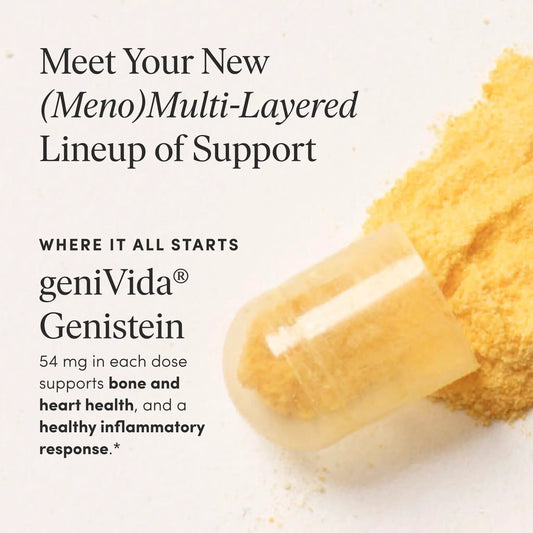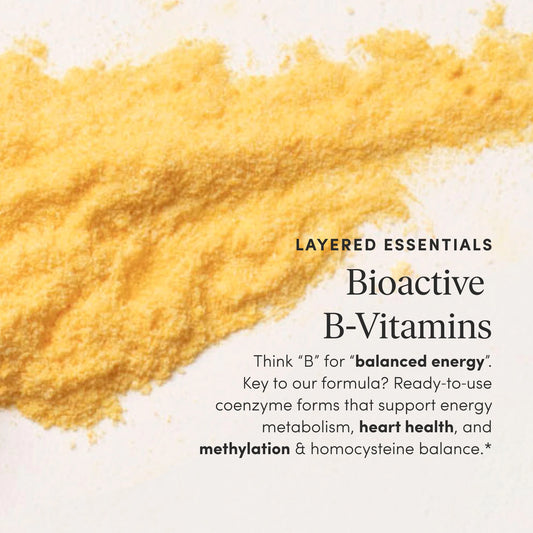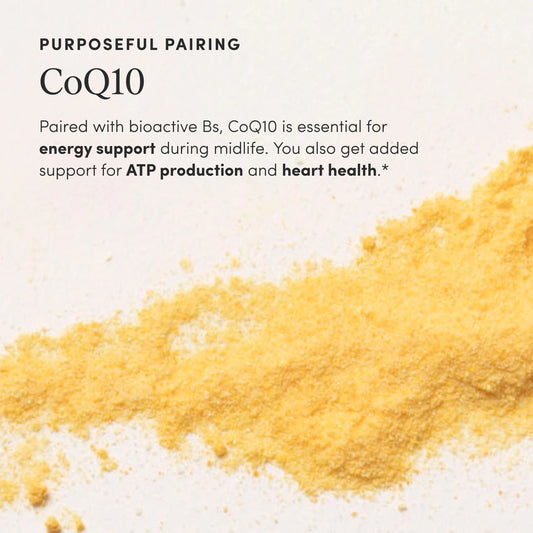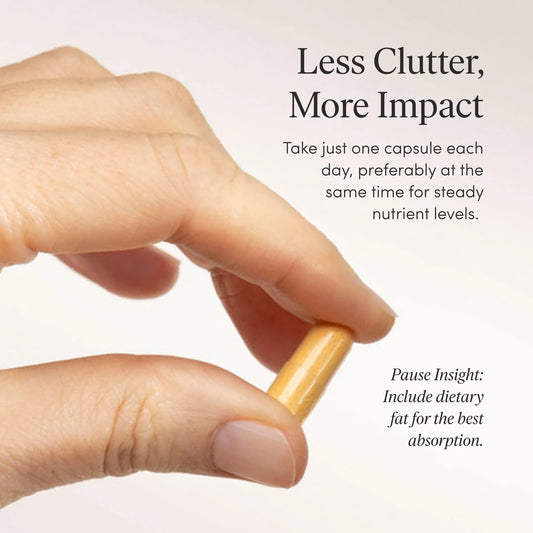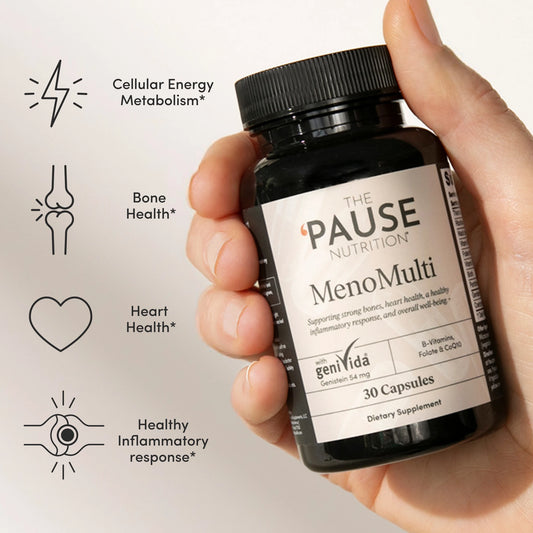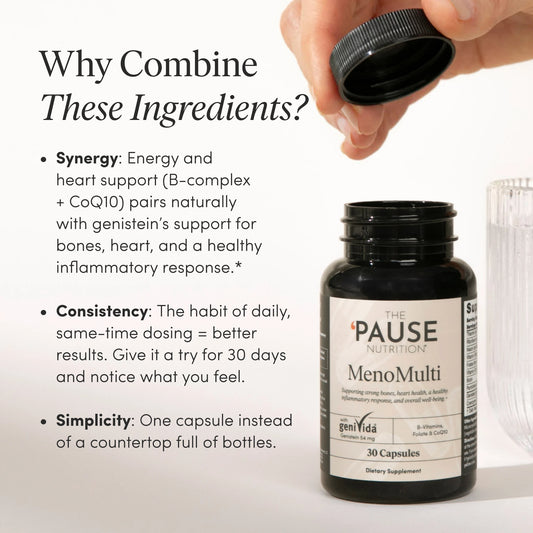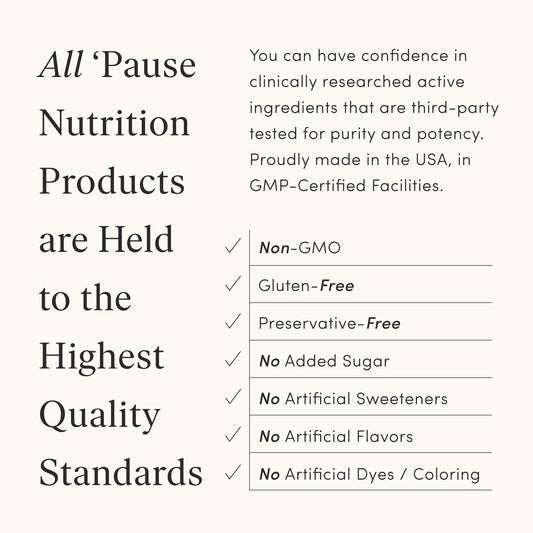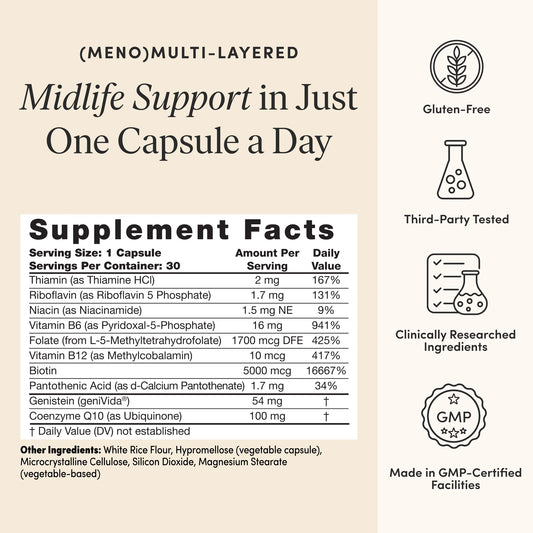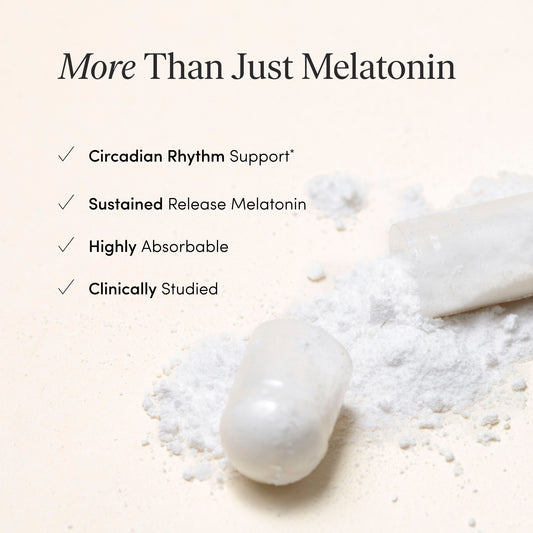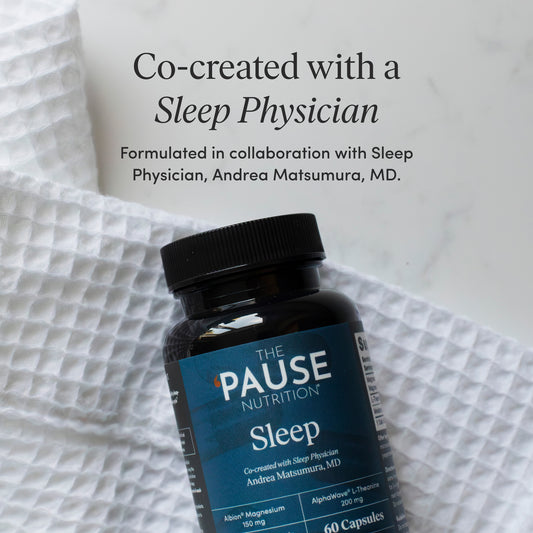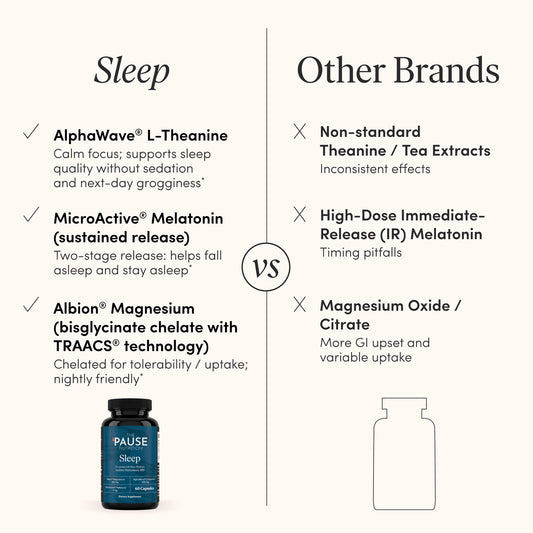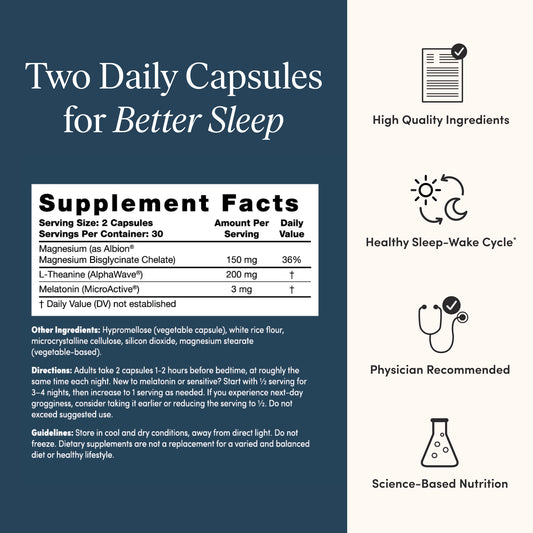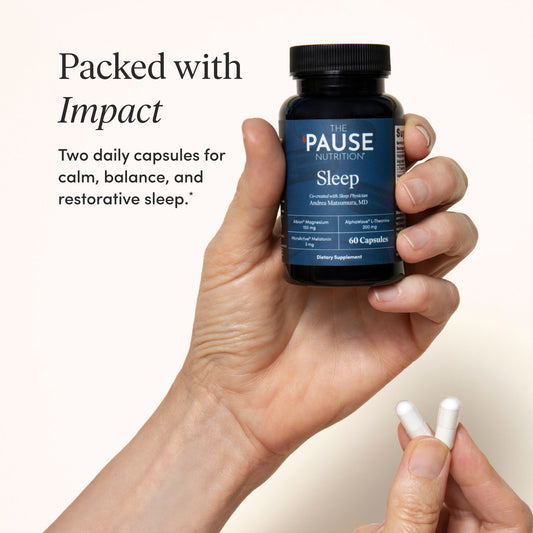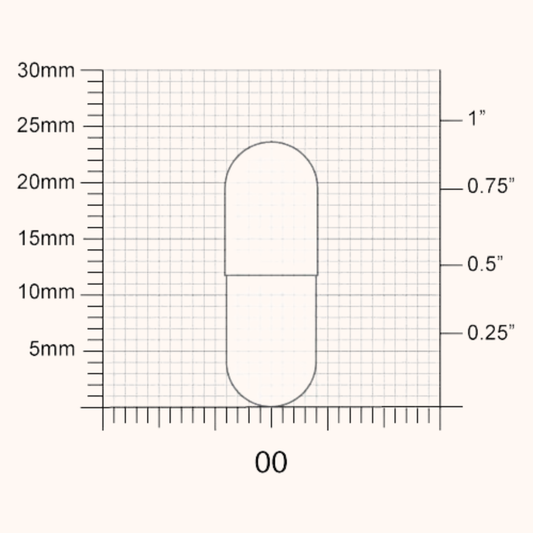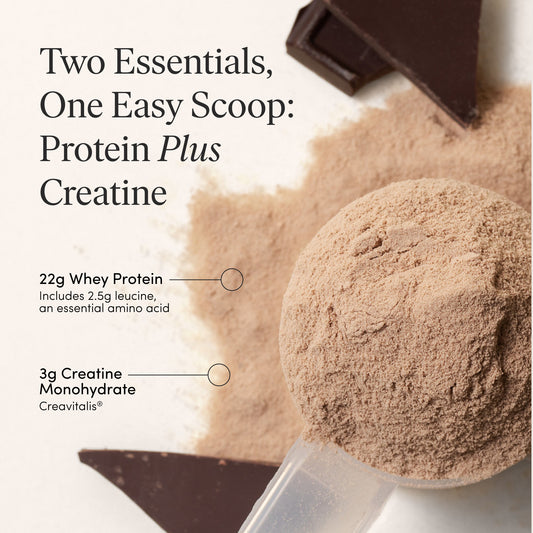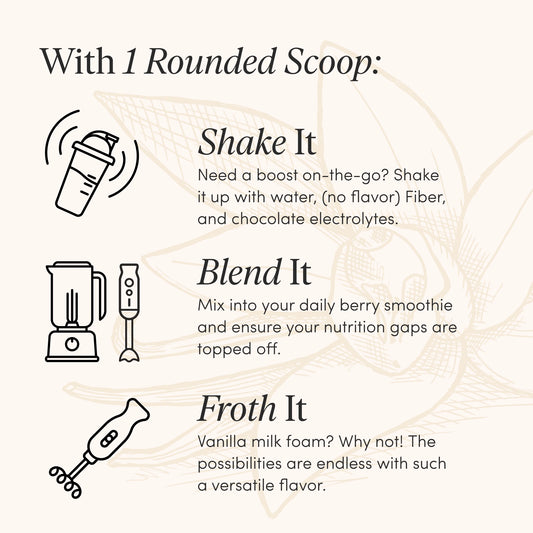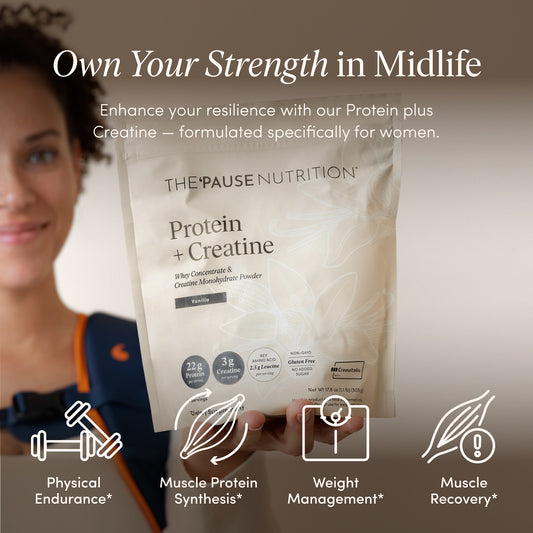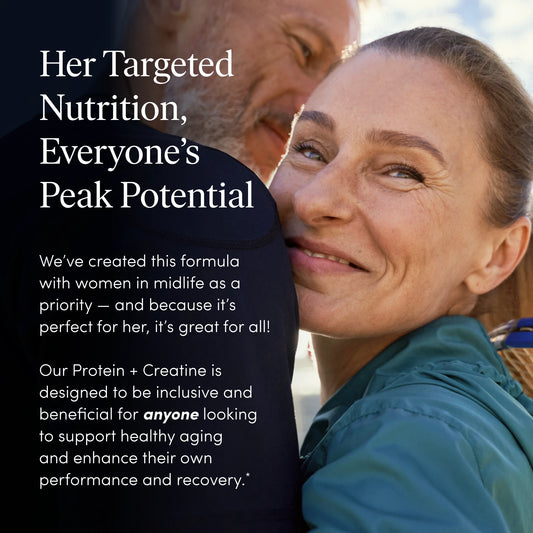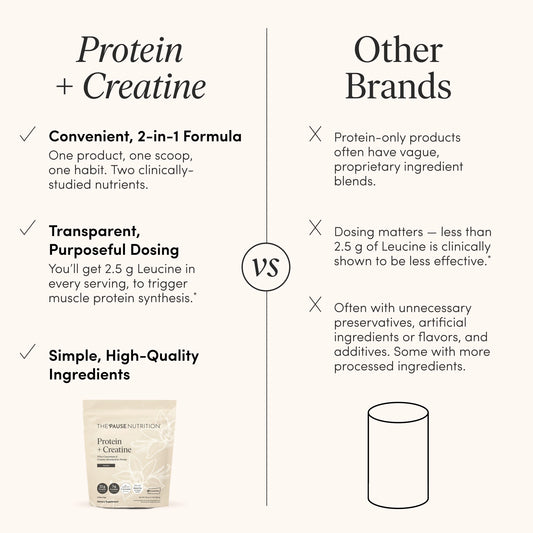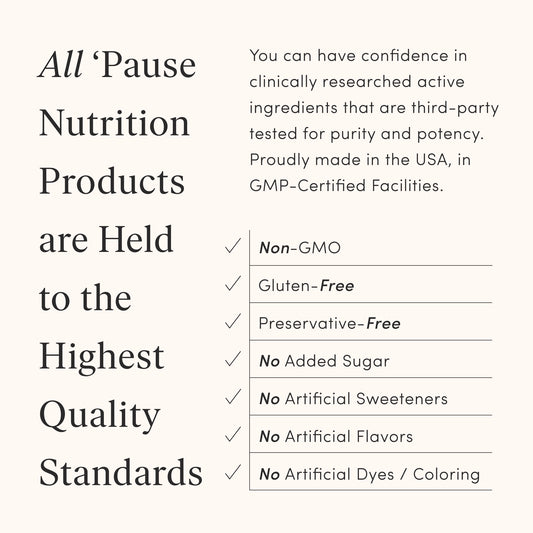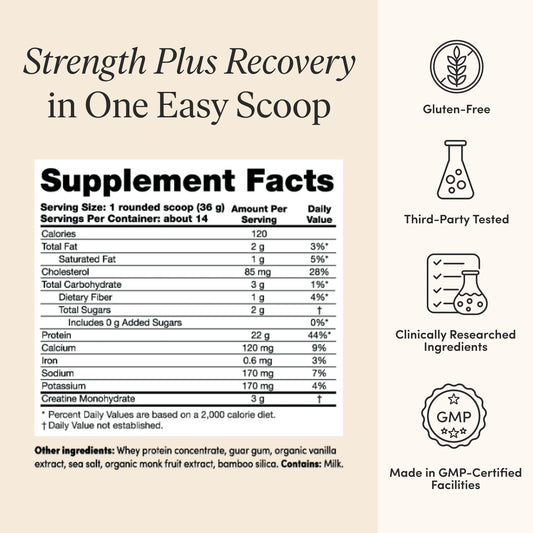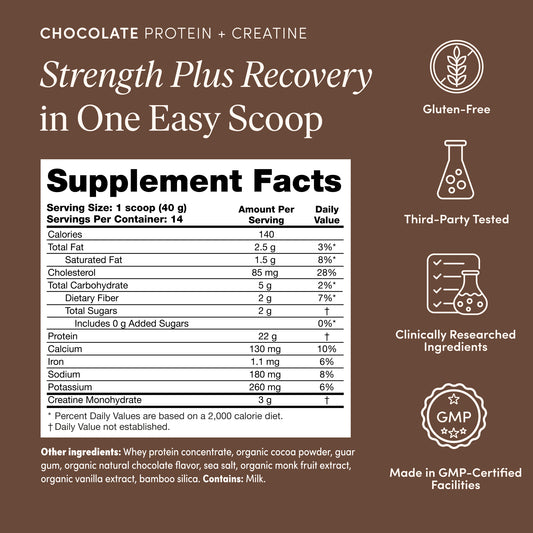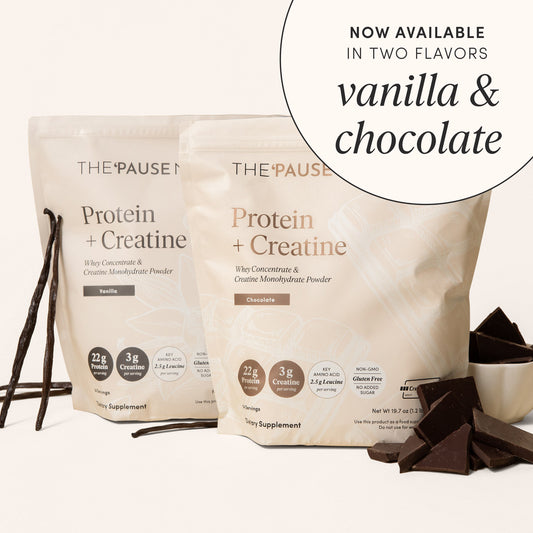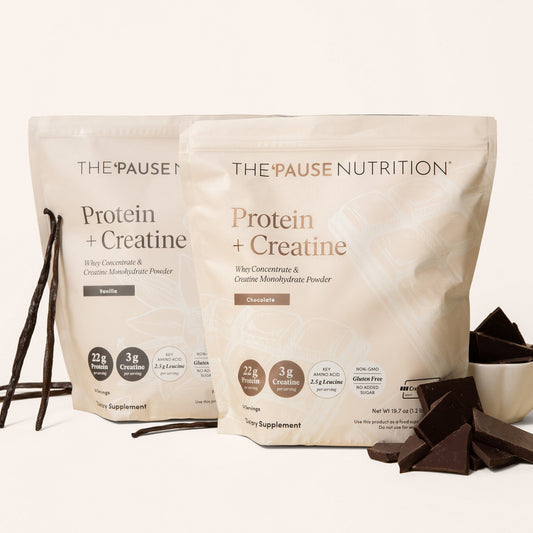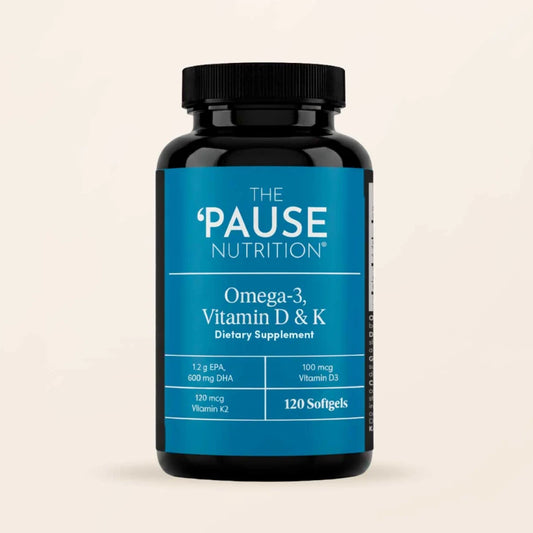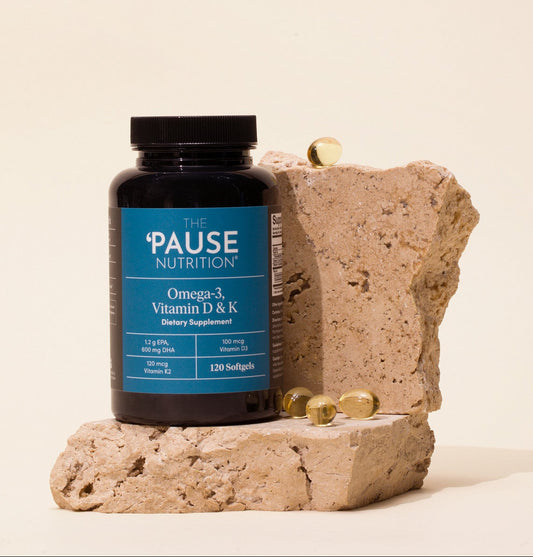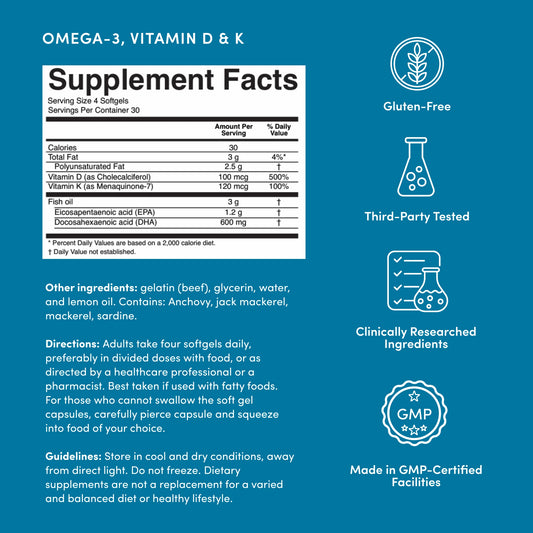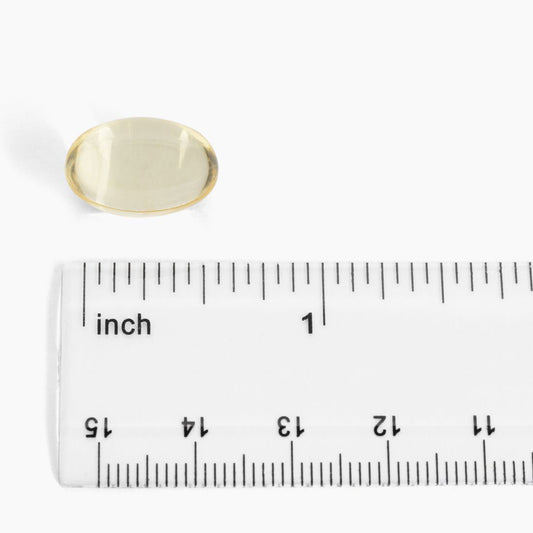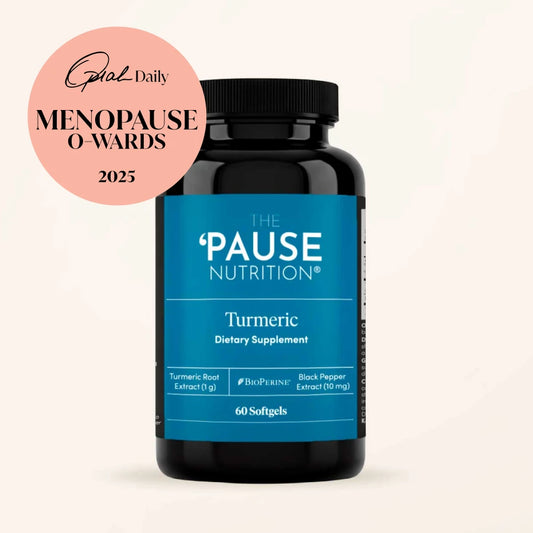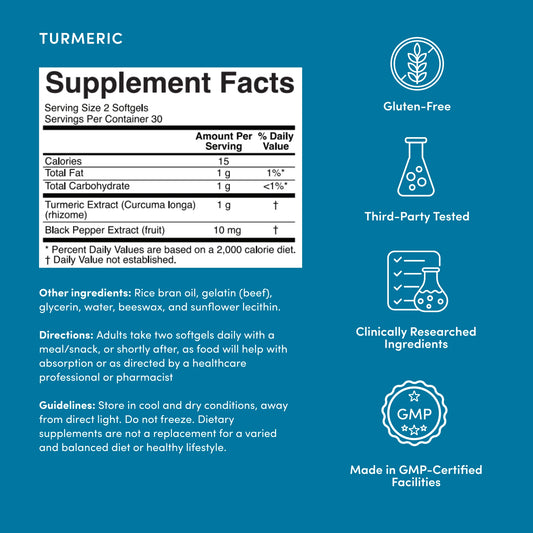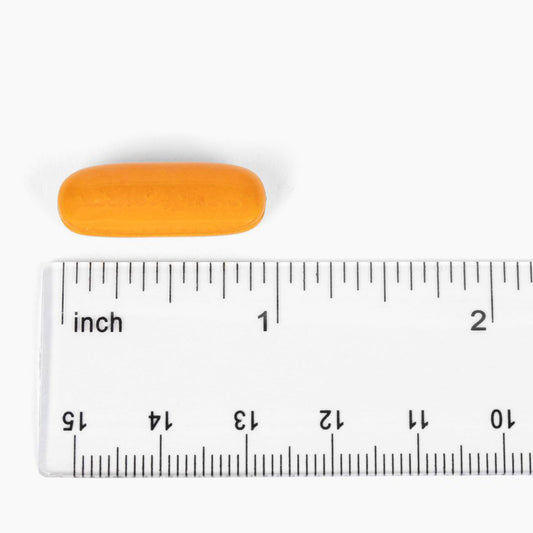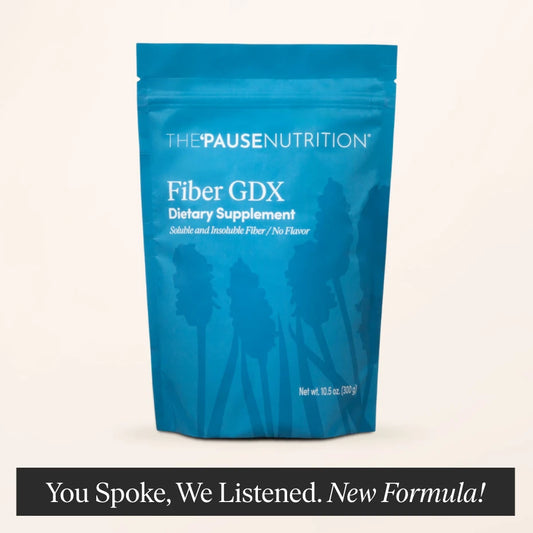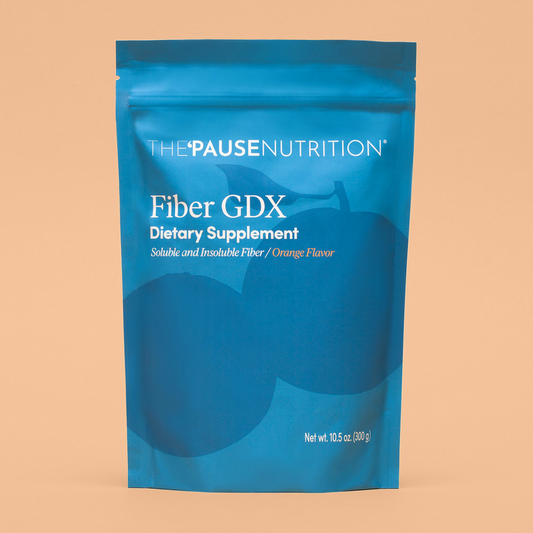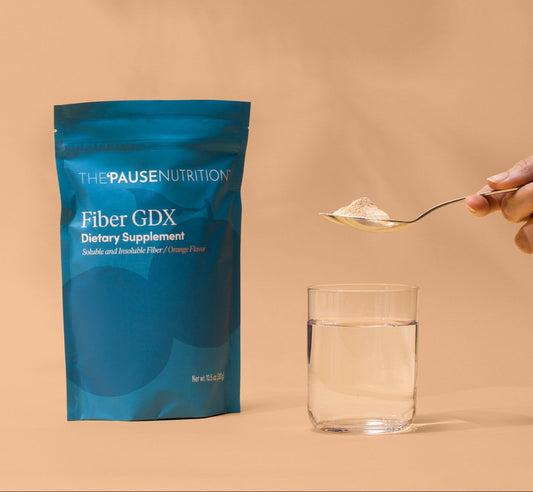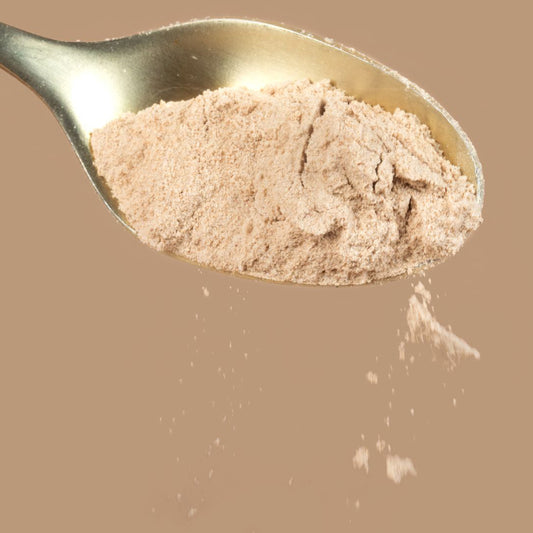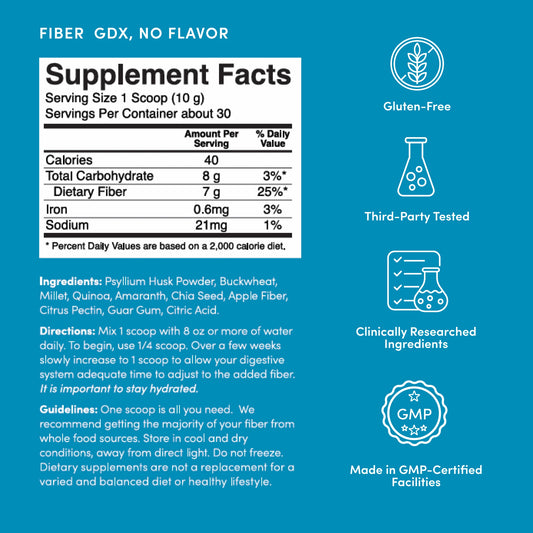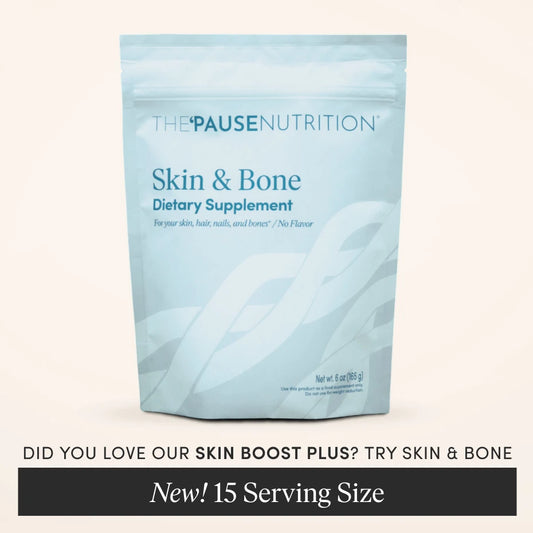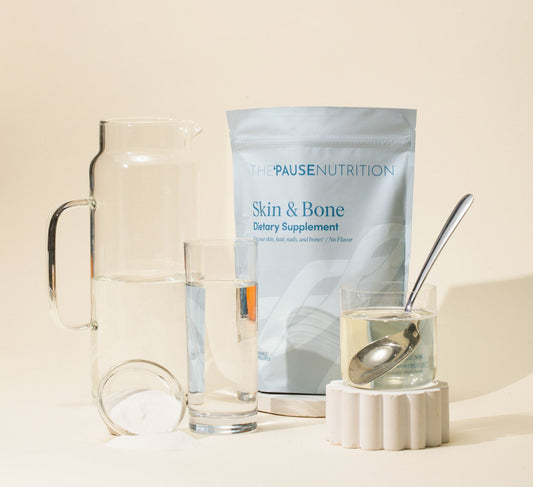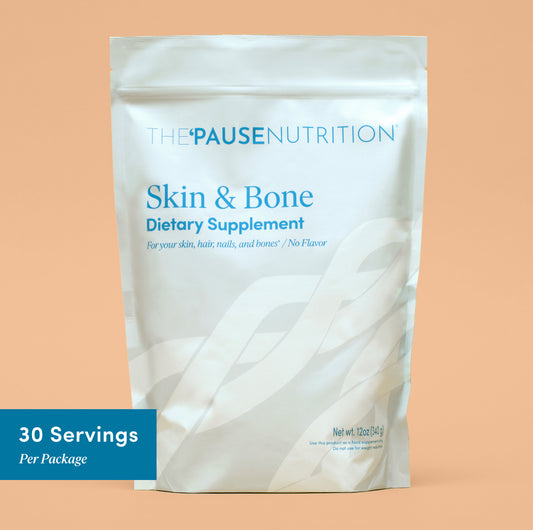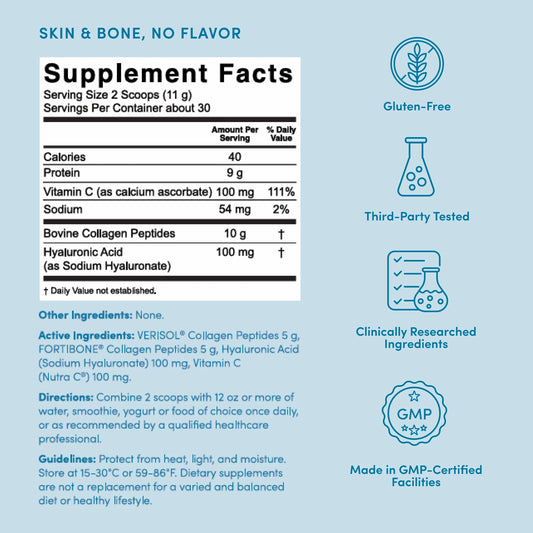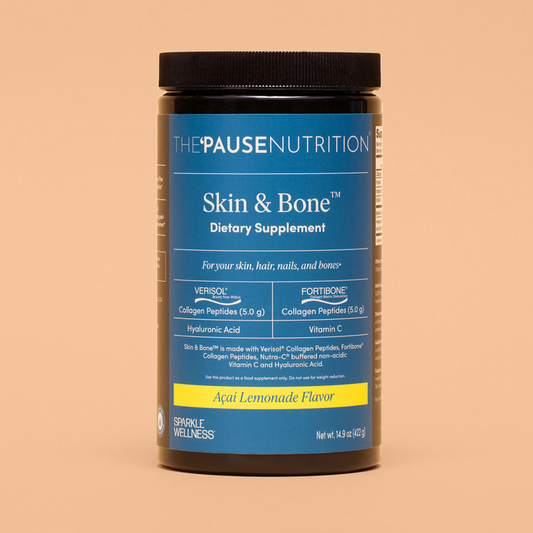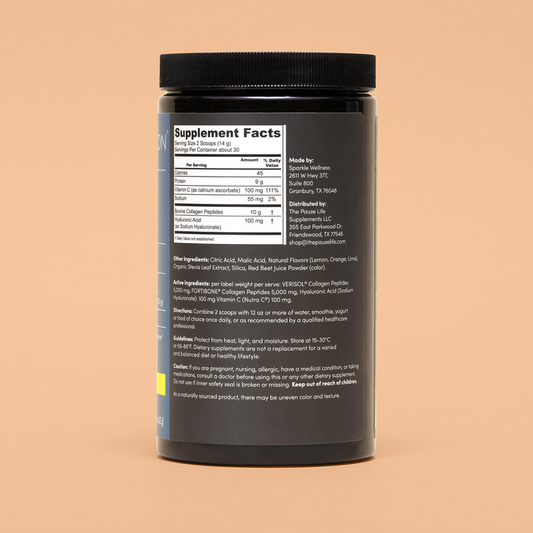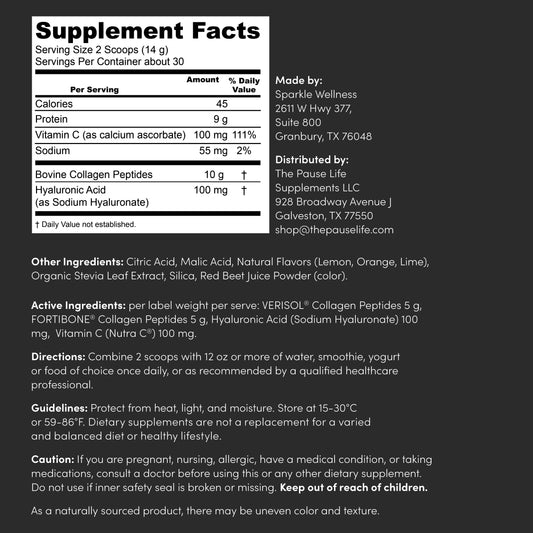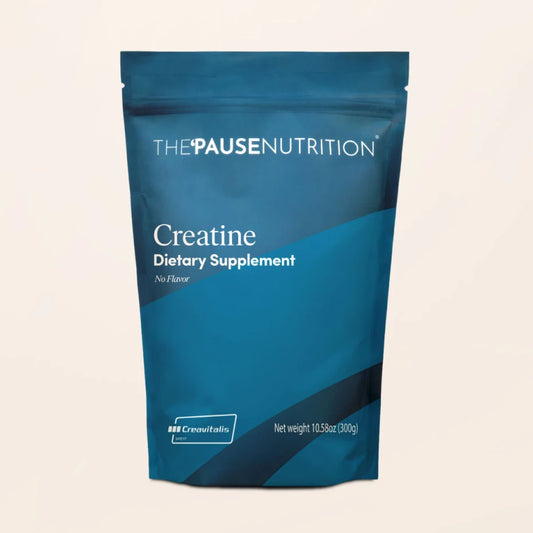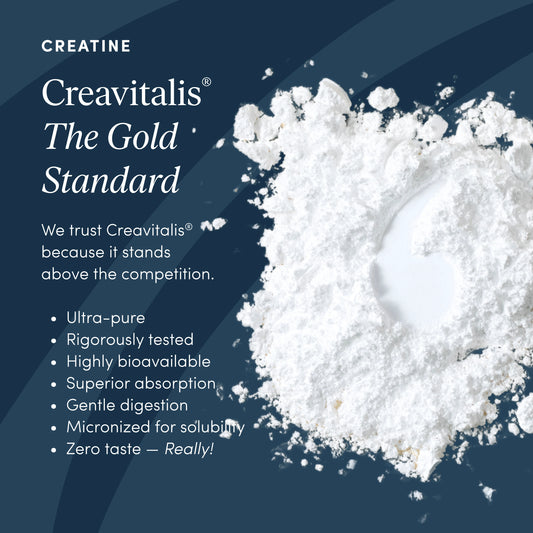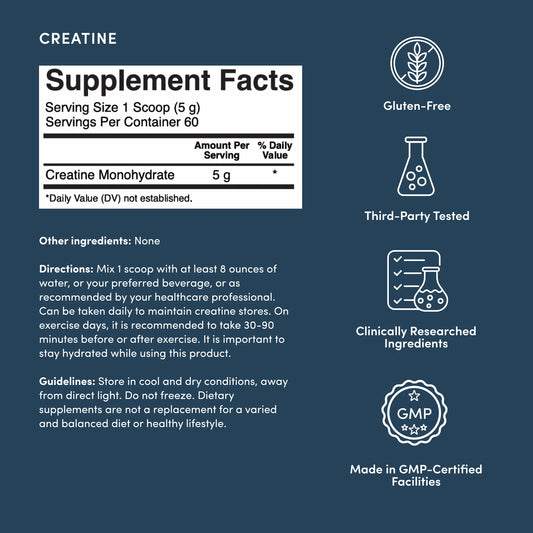The Zone of Chaos: What’s Really Going On in Perimenopause

Share
aYou may have heard that menopause officially starts when you’ve gone one full year since your last period. But that seems very arbitrary. What if you’ve had a hysterectomy or an ablation? What if you have an IUD? What if it’s a Leap Year? And, what about the messy, unpredictable, exhausting years before that?
Welcome to perimenopause—or, as I like to call it, The Zone of Chaos.
This phase hits women differently. Some barely notice it. Others feel like their bodies have turned against them. The challenge? There’s no obvious start date, no single blood test, no tidy checklist to confirm what’s happening. And when you do seek answers, it’s common to hear, “Your periods are still regular—it can’t be perimenopause.”
Except it can. And it is.
A Silent Shift: Why Perimenopause Begins in the Brain
What most people—and yes, even many doctors—don’t realize is that perimenopause doesn’t begin in your ovaries. It begins in your brain.
From the moment you’re born, your ovaries contain 1 to 2 million immature eggs. By puberty, that drops to around 300,000. Each month, your body tries to mature and release one of those eggs—but in doing so, it sacrifices about 1,000 immature ones. This attrition continues year after year. By the time you hit your mid-30s, your egg supply is dwindling, and the ones that remain aren’t as responsive.
Your brain, specifically the hypothalamus and pituitary gland, notices. These hormonal “command centers” respond by pumping out FSH and LH—the hormones that tell your ovaries to get moving. When the ovaries don’t respond like they used to, the whole system starts short-circuiting.
Ovulation becomes sporadic. Estrogen and progesterone fluctuate wildly. Your once-reliable monthly rhythm turns into a hormonal roller coaster—and your body feels the chaos.
The Cascade: What Happens When Hormones Go Rogue
Perimenopause isn’t just about periods. It’s a full-body, full-brain transition that touches every system in your body. And most of it traces back to the hormonal turbulence caused by inconsistent estrogen and progesterone levels.
1. Fatigue and Energy Crashes (1)
You’re doing everything “right,” but you still feel wrung out. Welcome to hormonal whiplash.
As estrogen drops, it disrupts thyroid and adrenal function, key players in energy regulation. Add in night sweats, sleep disruptions, and mood swings, and no wonder 46% of perimenopausal women report feeling physically and mentally exhausted.
What helps: Hormone therapy (HT) can be a game-changer for some. Prioritize quality sleep, cut caffeine after noon, get morning sunlight, and exercise regularly to support energy metabolism.
2. Mood Swings, Brain Fog, and Anxiety(2,3)
If you feel anxious, sad, or forgetful for no reason—trust your body, not the brush-off.
Estrogen supports brain function by regulating neurotransmitters like serotonin, dopamine, and GABA. Progesterone has a calming effect. When both hormones go haywire, so does your mood and cognition. Depression and anxiety symptoms increase by nearly 40% during perimenopause.
What helps: Estrogen and progesterone based HT may help to improve mood.(4,5) So can aerobic exercise, gut-friendly foods (fiber + fermented), and mental health support. You’re not “just stressed”—your brain is biochemically shifting.
3. Muscle, Bone, and Joint Changes
Achy joints? Sudden shoulder pain? It's not "just aging"—it's estrogen loss.
Estrogen protects bone and muscle tissue, helps prevent inflammation, and acts like a natural lubricant for your joints. Without it, women are at risk of frozen shoulder, tendinitis, and bone loss that can lead to osteopenia and osteoporosis.(6,7) One study found women can lose up to 10% of their muscle mass during perimenopause.(8)
What helps: HT can help preserve muscle and prevent frozen shoulder. Combine it with strength training 3x/week, anti-inflammatory foods, calcium, vitamin D and omega-3s.*
4. Weight Gain and Body Composition
Gaining weight even though your habits haven’t changed? It’s not your fault.
Estrogen plays a key role in fat metabolism and insulin sensitivity.(9) When levels fall, your body is more likely to store fat—especially visceral fat around the abdomen. This kind of fat is dangerous: it’s linked to insulin resistance, high cholesterol, inflammation, and increased risk of heart disease.
What helps: A whole-body approach: quality sleep, stress management, strength and cardio workouts, and a high-fiber, anti-inflammatory diet. HT may help reduce belly fat.(10) Some women find success combining it with GLP-1 medications like semaglutide or tirzepatide to manage insulin and weight.
5. Hot Flashes, Night Sweats, and Racing Heart
One minute you’re freezing. The next, you’re drenched in sweat. Welcome to vasomotor hell.
As estrogen declines, the hypothalamus (your body’s thermostat) becomes dysregulated. It overreacts to subtle body temperature changes by triggering hot flashes or night sweats, often paired with palpitations or anxiety.
What helps: HT is the gold standard for managing vasomotor symptoms.(11) If that isn’t an option for you, other medications or lifestyle tweaks (cutting caffeine, sugar, wine, eating at regular intervals to stabilize blood sugar) can help reduce triggers.(12)
This Isn’t “Just Hormones”—It’s Your Whole Health
Estrogen receptors are everywhere: in your brain, bones, muscles, heart, liver, skin, and more. So when estrogen becomes erratic, the effects ripple across your entire body.
- Heart: Blood vessels stiffen; cardiovascular risk increases.
- Bones: More bone is broken down than rebuilt.
- Brain: Cognition declines; inflammation rises.
- Muscles: You lose mass and strength.
- Metabolism: Insulin sensitivity and fat processing change.
- Skin & joints: Collagen and elasticity drop; joints get stiffer.
This is why perimenopause matters—it’s not a nuisance, it’s a pivotal health transition.
Why We Don’t Talk About It—And Why That Has to Change
When I hit menopause at 48, no one warned me. No one brought me soup. No one said, “This is what to expect.” Not my mother. Not my friends. Not even my OB-GYN colleagues. The silence was deafening.
This silence isn’t accidental. For centuries, women’s reproductive health has been treated with secrecy, shame—or outright dismissal. From menstruation myths to menopausal neglect, women’s health has been sidelined. That ignorance creates suffering.
But knowledge is power. Understanding what’s happening in your body isn’t just empowering—it’s essential for your long-term health.
You Are Not Broken—You’re in the Zone of Chaos
So if you feel “off”… if your moods swing without reason… if your body aches in new places… if the weight won’t budge… if your brain feels foggy and no one is listening…
You are not broken.
You are not imagining things.
You are not alone.
You’re in the Zone of Chaos. But now—you understand why. And that understanding is the first step toward finding your balance again.
What’s Next?
If you want more science-backed solutions, real stories, and practical strategies, check out The New Menopause and pre-order The New Perimenopause. Or join our ‘Pause Life Community—a space built for this exact moment in your life.
Let’s break the silence together. Because this isn’t just a phase.
It’s a transformation.
And you deserve to thrive through it.














